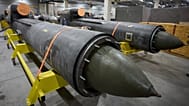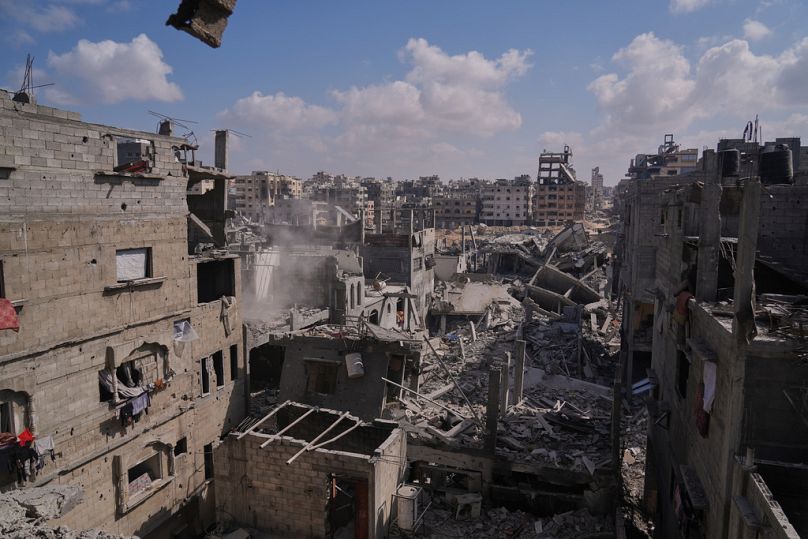The widespread destruction across the Gaza Strip has made it difficult for Hamas to locate and recover the bodies of the remaining Israeli hostages, who may be buried beneath the rubble.
A first Egyptian convoy carrying heavy equipment, including excavators and bulldozers, entered Gaza on Saturday to help search efforts for the remaining bodies of Israeli hostages.
Under the US-brokered ceasefire deal, Israel agreed to give back 15 bodies of imprisoned Palestinians for every body of an Israeli hostage. So far, Israel returned 195 Palestinian bodies and Hamas returned 18 Israeli bodies.
Earlier in the month, Hamas released all 20 living Israeli hostages.
US President Donald Trump said he is "watching very closely," to make sure the bodies are returned within 48 hours. “Some of the bodies are hard to reach, but others they can return now and, for some reason, they are not,” he wrote on Truth Social.
In the past five days, Hamas has not been able to release any bodies as the massive destruction of the enclave has severely hindered search efforts. Bodies are buried deep underground, the militant group's top negotiator told an Egyptian media outlet. In additional, special equipment is required to recover corpses buried under the rubble.
On Sunday, Hamas expanded its search to new areas in the Strip to search for the remaining 13 bodies, Hamas' chief in Gaza, Khalil al-Hayya said.
Last week, a Turkish convoy entered into Gaza and began clearing debris from streets in Khan Younis in the south of the Strip. The municipality estimates roughly 800 tonnes of rubble has accumulated in the city as a result of Isareli bombing.
Israel strikes refugee camp for second time in a week
Meanwhile, Israeli forces struck the central Nuseirat refugee camp in Gaza on Saturday night, wounding at least four people, authorities at Awda Hospital reported.
It is the second time Israel launched an attack on the camp in a week.
The Israeli military claimed it targeted militants associated with the Islamic Jihad militant group who were planning to attack Israeli troops, while the group denied it was preparing an attack.
Hamas said the strike was a clear violation of the ceasefire agreement, and accused Prime Minister Benjamin Netanyahu of trying to sabotage the ceasefire agreement.
“Of course, we also thwart dangers as they are being formed, before they are carried out, as we did just yesterday in the Gaza Strip,” Netanyahu said in response to the strike, at the start of his weekly Cabinet meeting on Sunday.
















